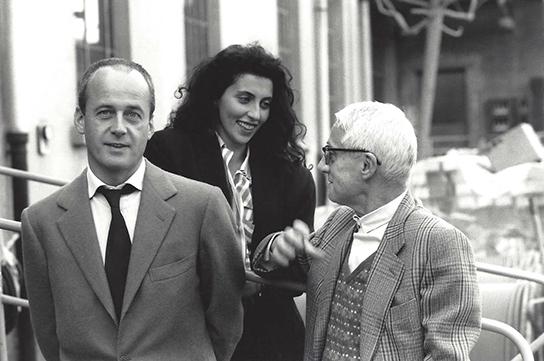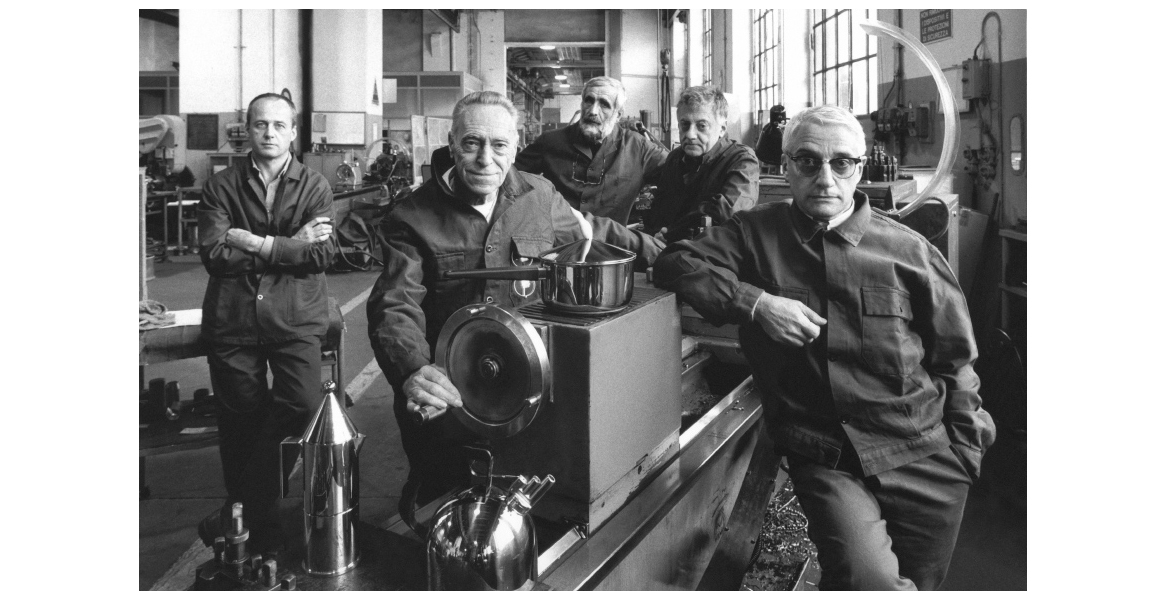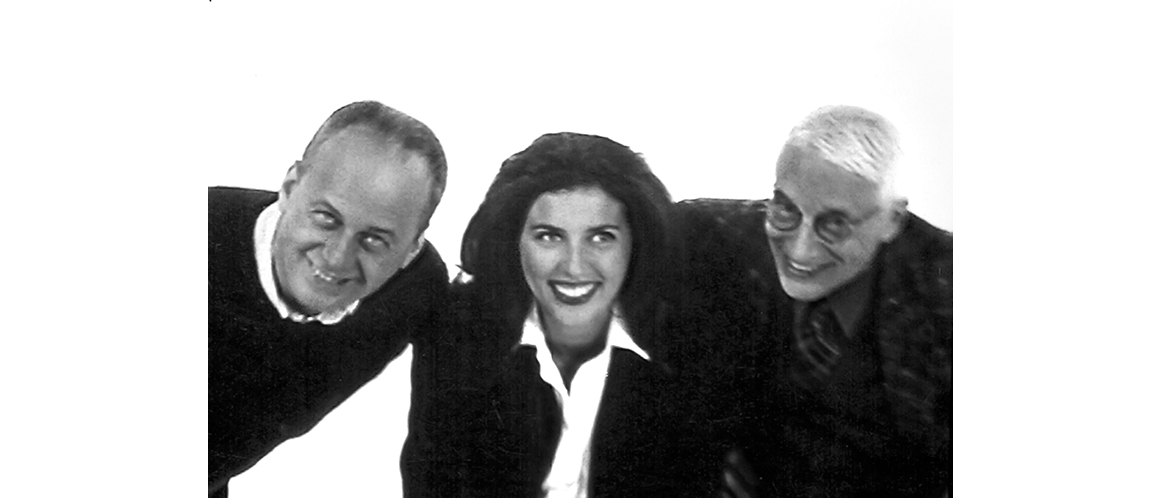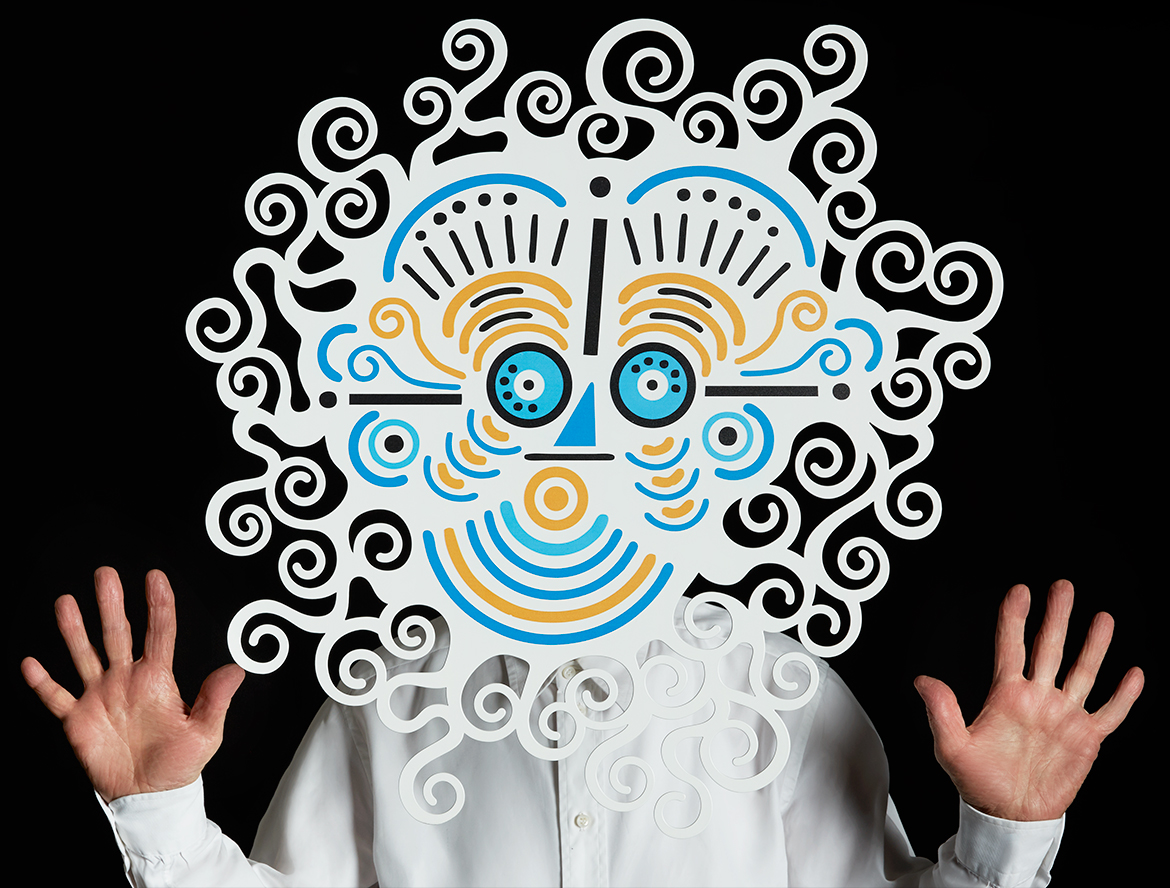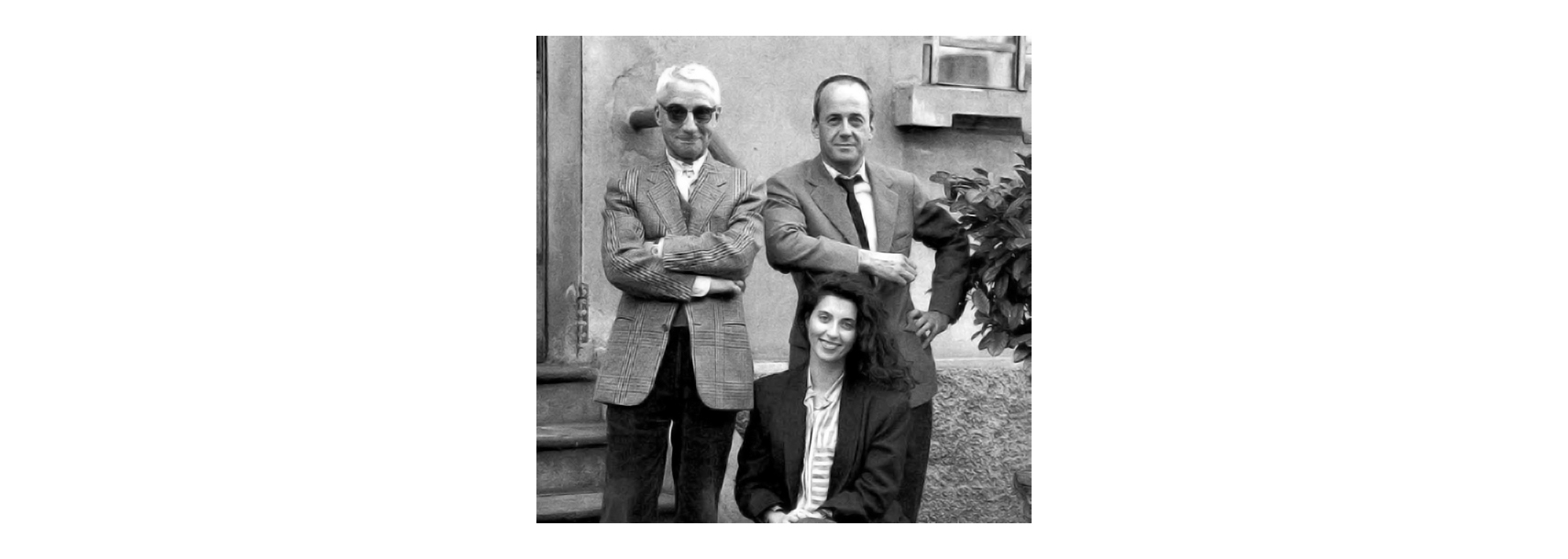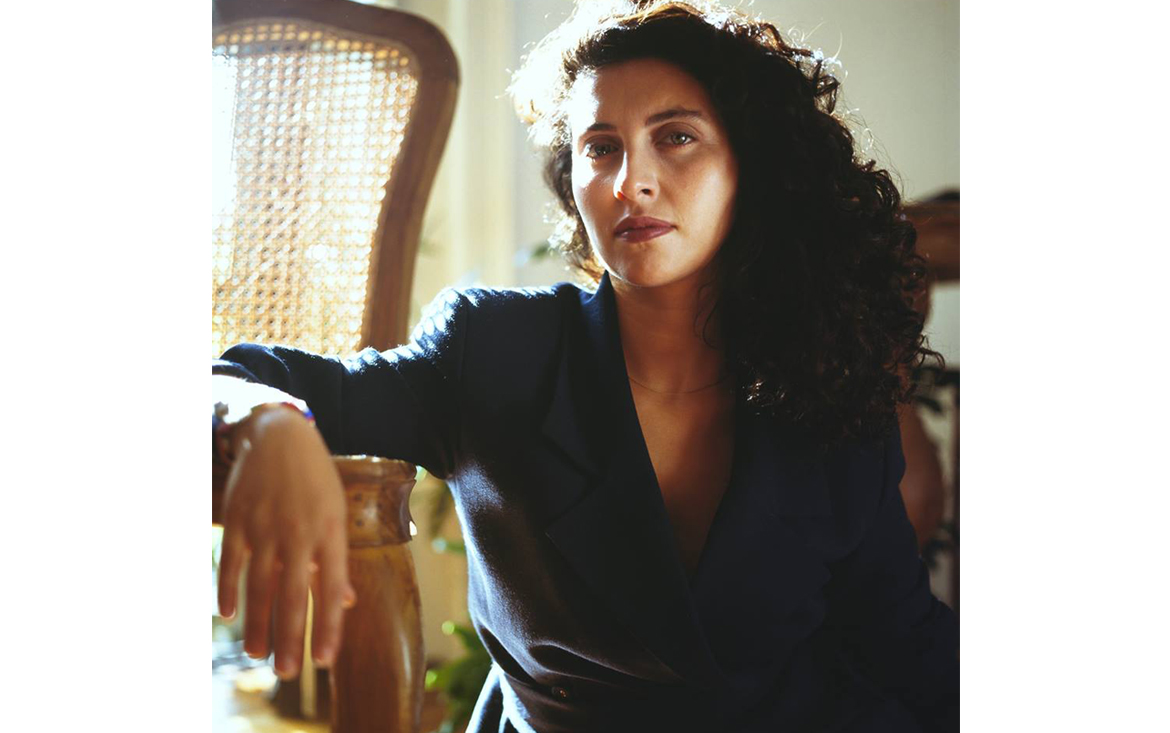
Story
Collezioni
19/10/2015

Every project has its complexities and managing them requires tools that can focus energies on the desired goals. A “design compass” is needed. I used the term “metaprogettare” to define the process that leads to the creation of an object. As it develops, the meta-project articulates a crucial invisible structure, which opens up and unfolds the project’s potential, but at the same time acts as its guide. It is a complex network of information, inferences, values, cultural references and suggestions that are all woven together in the project’s creation. As the project unfolds, this series of relationships continues to change, expand and produce variations, substantiating and directing the job.
“From the outset, the grand dream of the Centro Studi was to create objects that would emerge from a method of designing that could be called ‘choral’, a way of working that integrates various kinds of knowledge [...] First of all, it tries to build a working system that starts with assumptions that are different from those of design, taking its cues from concepts in semiotics, epistemology, anthropology: the rhizome, the referential galaxy [...] These terms lead to a focus on the interdisciplinary, the transversal, the mobile, the idea that at the Centre is the search to define the creative phase and that design becomes the culmination of a process that must be invented anew each time. [...] In the concept of the meta-project, it is implied the will to overcome the kind of work that involves commissioning a specific object from a company to a single designer. Meta-designing means organising a team to which stimuli is given and from which it is received to define a design theme within which to move in order to create in the most natural way possible. [...] You start designing a project. And in this way, the creative process (and consequently the production process) becomes more complex and choral. The meta-project phase is inserted between the demands of the manufacturer and the realisation of the designer as an important moment in defining the working method in which you can integrate concepts from disciplines other than art or industry. [...] Ultimately, the meta-phase is a long period of ‘creative fertilisation’ in which the characters involved are sensitised to meetings, listening and exchange.
This chorality, the interactivity of meta-designing requires the development of a particular system of work that provides continuous interaction between coordinators, researchers and designers. In this way, the idea of the workshop is elaborated where the meta-project becomes operational. Workshops are seminars attended by designers and consultants, coordinated by the head of the Centro Studi Alessi. They are often made in collaboration with universities or art schools, they are held all over the world. The reason for this itinerate nature is the will to achieve a specific design theme in various cultural environments, always using different designers, with varying consultants. The workshop indicates a willingness to ‘hybridise’ the act of designing, to remove it from the isolation of design.”
With meta-projects, big industry returns to being run like a workshop, where people stand side by side, exchanging views and opinions, where ideas are suggested and everything together defines the complete production process. Research becomes a human experience, existential. Design is “venturing out to create new cultural identities”.
Un progetto ha una sua complessità e per gestirla servono strumenti in grado di orientare le energie verso gli obiettivi desiderati, occorre una “bussola progettuale”. Ho usato il termine “metaprogettare” per definire il processo che porta alla creazione di un oggetto. Il metaprogetto articola nel suo sviluppo una trama invisibile fondamentale, che apre e dispiega le potenzialità del progetto, ma al tempo stesso le guida. È quel complesso reticolo di informazioni, inferenze, valori, riferimenti culturali, suggestioni che si intesse per la creazione di un progetto. Tale reticolo nello svolgersi del progetto continua a mutare, alimentarsi, declinare, sostanziando e orientando il lavoro.
“Sin dall’inizio il grande sogno del Centro Studi è stato quello di cercare di creare oggetti che nascano da una progettazione che si potrebbe dire ‘corale’, da un modo di lavorare che integri saperi diversi […] Anzi tutto si è cercato di costruire un sistema di lavoro che parta da presupposti diversi da quelli del design, che prenda spunti da concetti propri della semiotica, dell’epistemologia, dell’antropologia: il rizoma, la galassia referenziale […] Quello che questi termini vogliono indicare è la interdisciplinarietà, la trasversalità, la mobilità, l’idea che al Centro è la ricerca a definire la fase creativa e che la progettazione diventa momento conclusivo di un processo da inventare di volta in volta. […] Nel concetto di metaprogetto è implicita la volontà di superare quella modalità di lavoro che prevede la commissione di uno specifico oggetto da una azienda a un singolo designer. Metaprogettare significa organizzare un team di lavoro a cui si danno e da cui si ricevono stimoli per definire un tema progettuale all’interno del quale muoversi per creare nel modo più naturale possibile. […] Si inizia a progettare il progetto. E in questo modo il processo creativo, e conseguentemente quello produttivo, si fanno più articolati e corali. La fase metaprogettuale si inserisce tra le richieste del produttore e la realizzazione del progettista come importante momento di definizione delle modalità di lavoro nel quale si possono integrare concetti propri di discipline diverse da quelle artistiche o industriali. […] In ultima analisi la fase metaprogettuale è una lunga fase di ‘fecondazione creativa’ in cui i personaggi coinvolti vengono sensibilizzati all’incontro, all’ascolto e allo scambio.
La coralità, l’interattività della metaprogettazione richiede lo sviluppo di un sistema di lavoro particolare che prevede un continuo confronto fra chi coordina, chi ricerca e chi progetta. Viene così elaborata l’idea del workshop in cui il lavoro metaprogettuale viene reso operativo. I workshop sono seminari di lavoro ai quali partecipano progettisti e consulenti, coordinati dal responsabile del Centro Studi Alessi. Vengono spesso realizzati con la collaborazione di università o scuole d’arte, si svolgono un po’ in tutto il mondo. Il motivo di questo itinerare è la volontà di realizzare un determinato tema progettuale in ambiti culturali diversi, tra progettisti sempre diversi, con consulenti che variano. Il workshop indica la volontà di ‘ibridare’ la progettazione, di toglierla dall’isolamento del design.”
Con il metaprogetto la grande industria torna a lavorare come un’officina in cui le persone stanno fianco a fianco, si scambiano pareri, opinioni, si suggeriscono idee e insieme definiscono la produzione. La ricerca diventa un’esperienza umana, esistenziale. Progettare significa “andare a creare nuove identità culturali”.



